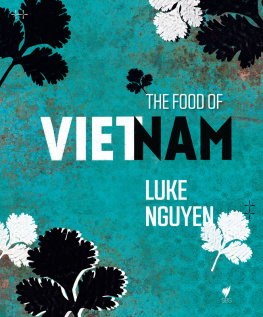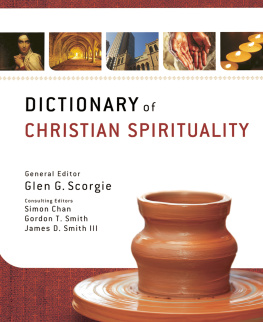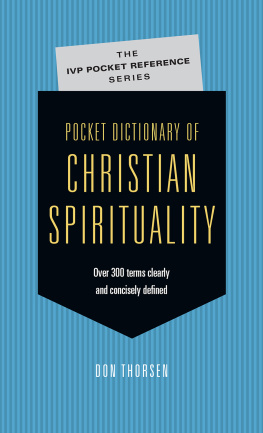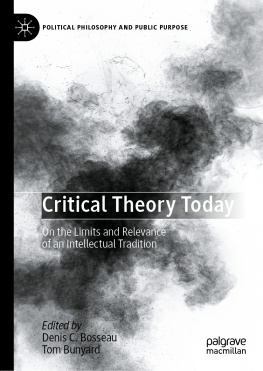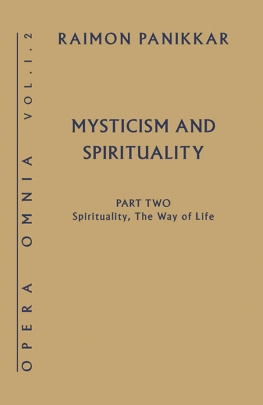Nguyen - Apatheia in the Christian Tradition: An Ancient Spirituality and Its Contemporary Relevance
Here you can read online Nguyen - Apatheia in the Christian Tradition: An Ancient Spirituality and Its Contemporary Relevance full text of the book (entire story) in english for free. Download pdf and epub, get meaning, cover and reviews about this ebook. year: 2018, publisher: Wipf & Stock Publishers, genre: Religion. Description of the work, (preface) as well as reviews are available. Best literature library LitArk.com created for fans of good reading and offers a wide selection of genres:
Romance novel
Science fiction
Adventure
Detective
Science
History
Home and family
Prose
Art
Politics
Computer
Non-fiction
Religion
Business
Children
Humor
Choose a favorite category and find really read worthwhile books. Enjoy immersion in the world of imagination, feel the emotions of the characters or learn something new for yourself, make an fascinating discovery.

Apatheia in the Christian Tradition: An Ancient Spirituality and Its Contemporary Relevance: summary, description and annotation
We offer to read an annotation, description, summary or preface (depends on what the author of the book "Apatheia in the Christian Tradition: An Ancient Spirituality and Its Contemporary Relevance" wrote himself). If you haven't found the necessary information about the book — write in the comments, we will try to find it.
Apatheia in the Christian Tradition: An Ancient Spirituality and Its Contemporary Relevance — read online for free the complete book (whole text) full work
Below is the text of the book, divided by pages. System saving the place of the last page read, allows you to conveniently read the book "Apatheia in the Christian Tradition: An Ancient Spirituality and Its Contemporary Relevance" online for free, without having to search again every time where you left off. Put a bookmark, and you can go to the page where you finished reading at any time.
Font size:
Interval:
Bookmark:
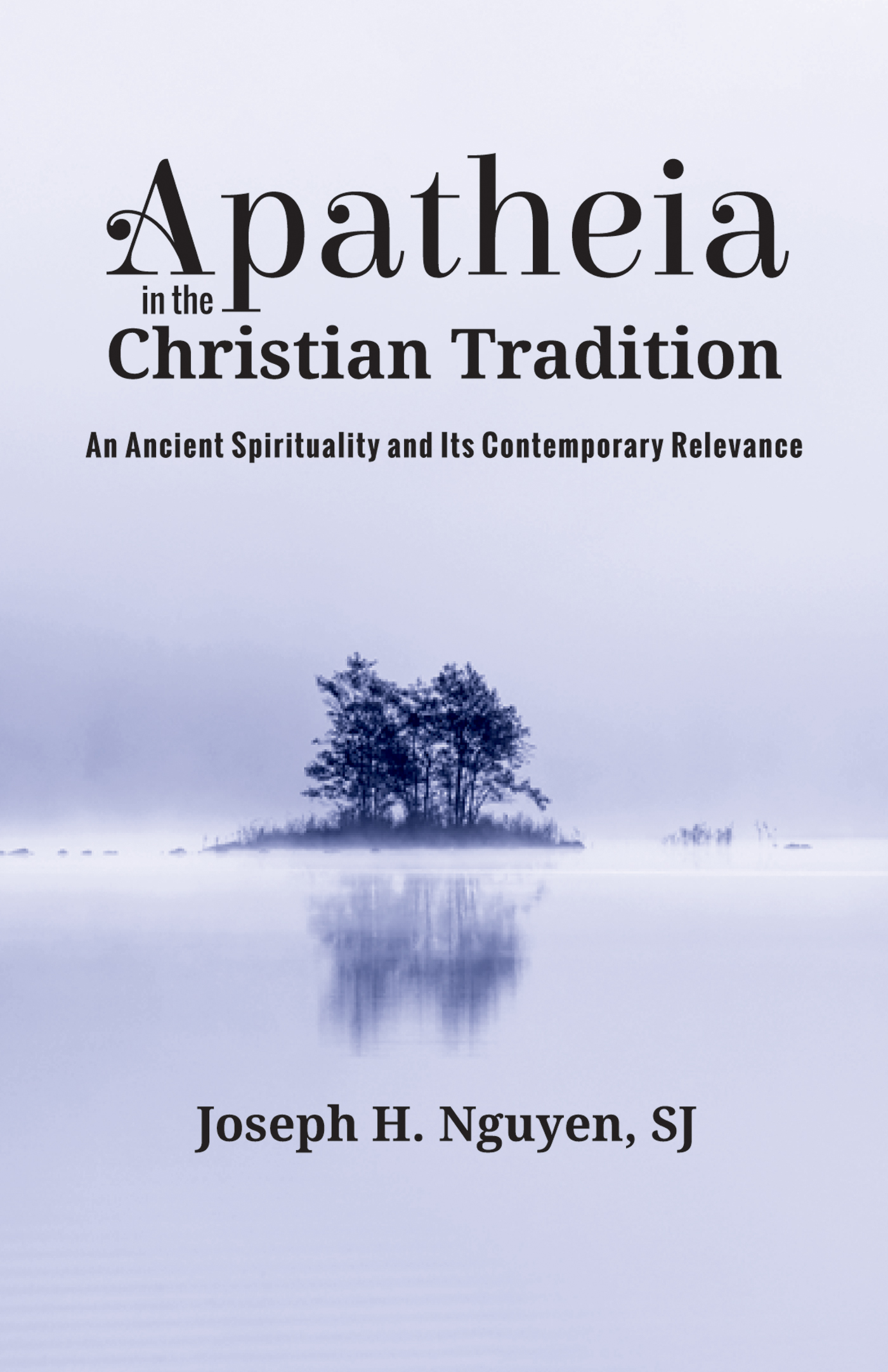
An Ancient Spirituality and Its Contemporary Relevance
Joseph H. Nguyen, SJ

T he original insight of the present book comes from my doctoral dissertation entitled, Transformation and Divine Union: The Concept of Apatheia and Indifference in Maximus the Confessor and Ignatius of LoyolaA Comparison , which I completed at the Jesuit School of Theology at Santa Clara University in the Spring of 2015 . It has been more than two years since the time I completed the writing of the dissertation; my thoughts on apatheia continue to develop and become more mature. I offer these pages to the readers with the hope that they will awaken a sense of curiosity and appreciation for the continuity and change in the Christian spiritual tradition, particularly in regard to the understanding of apatheia in spiritual practice.
I would like to take the opportunity on the completion of the book to thank Dr. Eric Cunningham, Professor of History at Gonzaga University, for his valuable suggestions on how to write a book on a single concept. I would like to thank Wipf and Stock Publishers who accepted my book for publication, in particular the editor, Dr. Robin Parry, for his help editing the book. I would like to thank Dr. Thomas Cattoi, Professor of Christology and Culture at the Jesuit School of Theology at Santa Clara University; Dr. Cattoi served as the director of my doctoral dissertation a few years ago; his interest and knowledge of the spiritual theology of early church has been inspiring for me. The present book would not have been possible without the sound advice, support, and solidarity of my brother Jesuits. I would like to thank John McGarry, SJ, Steve Dillard, SJ, Hung Pham, SJ, and Kevin Burke, SJ, professors and staff at the Jesuit School of Theology and the Jesuit Community in Berkeley, California. Many Jesuits with whom I lived, studied, and prayed during my doctoral study in Berkeley are greatly appreciated. Thank you for your friendship and support. Finally, I would like to thank the Della Strada Jesuit Community in Spokane and my colleagues in the Department of Religious Studies at Gonzaga University. Thank you for your friendship and support, without which the present book would not have been possible.
Joseph H. Nguyen, SJ
Gonzaga University, Spokane, Washington
Fall, 2017
H uman beings have the desire for self-transcendence. From a religious point of view, this desire is often known as the desire to become like the divine, one that presupposes a path that leads to divine union. While the human desire for divine union is a universal phenomenon, each religious tradition offers a distinctive path to that union. In the Christian tradition, this path presupposes a certain theological-anthropological view and a method for spiritual practice and growth.
The Christian theological-anthropological view is grounded in the belief that human beings are created in the image and likeness of God (Gen :). There are two implications that follow from this belief. First, being created in the image of God entails that human beings are endowed with the capability to become like God. In this view, human beings are embodied-spirits, created from matter, but with the very breath of God (Gen :). It is the breath of God, or Gods own spirit, that enables human beings towards self-transcendence; and in the Christian spiritual tradition this self-transcendence is realized in the state of divine union, a state where the human spirit is united with the spirit of God. Second, being created in the likeness of God entails that human beings are destined to become like God. God created human beings for union with God, and so human beings are not only capable of divine union, but are also yearning for this union, a yearning that generates a call, and with it, a destiny, to become like the divine. This destiny is realized, first, in Jesus Christ, the incarnation of God, the God who has become human and dwelt among us (John :). The two natures of Jesus Christ, one human and one divine, are completely united in the Word, the divine Son of God. Second, by the grace of Christ and through spiritual practice, Christians, individually and collectively, are called to this life in union with God in Christ and thus fulfill their destiny as created in the image and likeness of God.
Grounded in this theological-anthropological point of view, Christian spiritual theologians throughout the centuries have articulated various pathways to divine union. This book will study four distinctive but interrelated pathways from four theologians: Evagrius Ponticus (), John Cassian (), Maximus the Confessor (), and Ignatius of Loyola ( 1491 1556 ). These four theologians share a common view that a path to divine union generally consists of three stages commonly known as practical , natural , and theological stages in the Eastern tradition, and purgative , illuminative , and unitive stages in the Latin West.
Central to the three stages of spiritual development is the understanding of apatheia . In this view, apatheia is the condition of the mind free from disordered bodily senses, disordered emotions, and disordered attachments to material things and states of life, a kind of spiritual disposition that comes as a result of a life of prayer and spiritual discipline.
The early churchs view on apatheia has its roots in the Stoic philosophical tradition. Stoic developments of thought can generally be characterized according three periods respectively. The early Stoics lived from the late fourth century to second century BCE, with Zeno being the founder of the Stoic school of thought and Chrysippus its prominent thinker. The middle Stoics lived from the late second century to first century BCE; their thought was more influenced by Plato, and thus, was considered a divergence from the early Stoics. The later Stoics consisted mainly of Roman Stoic figures such as Seneca and Marcus Aurelius, who lived in the first and second centuries CE, and whose thought was considered an attempt to retrieve the original thought of the early Stoics. Apatheia was a central notion for the Stoics. In exploring the concept of apatheia , therefore, one must take into consideration developments in Stoicism, for some early church theologians share similar views, ones that are consistent with the Stoic tradition.
In essence, Stoics are different from Plato in that for them emotions are not mere physiological reactions, but they are mental attitudes and judgments of reality. This view was affirmed by Chrysippus, the prominent thinker of the early Stoics, and was commonly held by the later Stoics, such as Seneca and Marcus Aurelius. By contrast, Plato thinks emotions are caused by bodily sensations and can be irrational and therefore they cannot be mental judgments of reality; rather, he said, emotions ought to be controlled by reason.
In regard to apatheia , the Stoics view is that apatheia is the state of the mind free of disordered emotions, but good emotions remain . Now Plato did not use the term apatheia to describe the state of the mind in tranquility, but in his theory of the human soul he conceives the soul as having three parts: the rational, the irascible, and the sensible. In Platos view, only the rational part of the soul is capable of mental judgment of reality. While Stoics would insist that apatheia is not a non-emotional state of the mind, Plato would conceive apatheia as a state of pure intellect, without any emotion. Chapter of the book will discuss the Stoic view on apatheia .
Font size:
Interval:
Bookmark:
Similar books «Apatheia in the Christian Tradition: An Ancient Spirituality and Its Contemporary Relevance»
Look at similar books to Apatheia in the Christian Tradition: An Ancient Spirituality and Its Contemporary Relevance. We have selected literature similar in name and meaning in the hope of providing readers with more options to find new, interesting, not yet read works.
Discussion, reviews of the book Apatheia in the Christian Tradition: An Ancient Spirituality and Its Contemporary Relevance and just readers' own opinions. Leave your comments, write what you think about the work, its meaning or the main characters. Specify what exactly you liked and what you didn't like, and why you think so.



